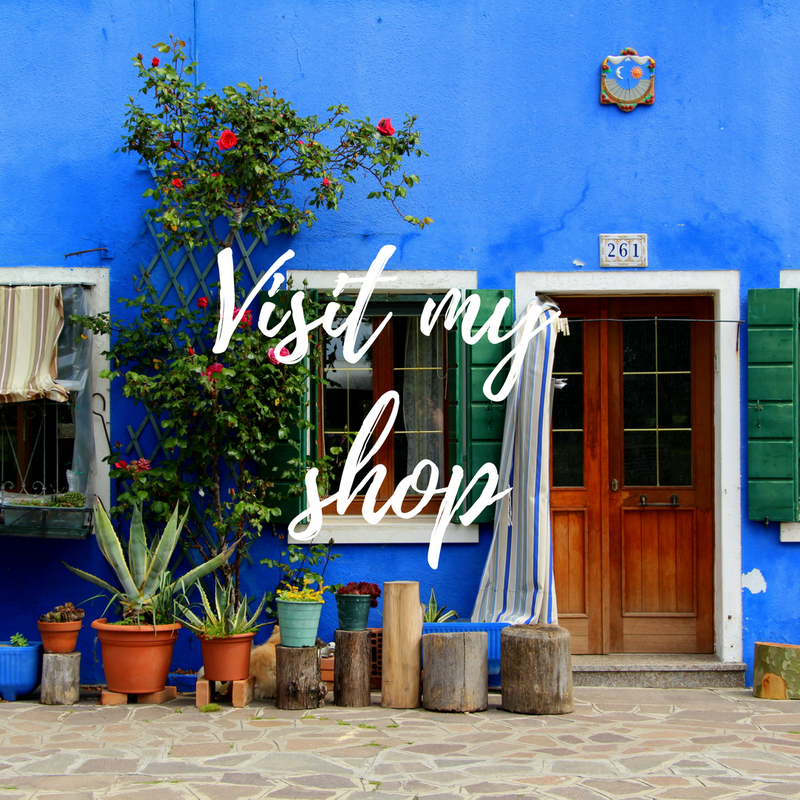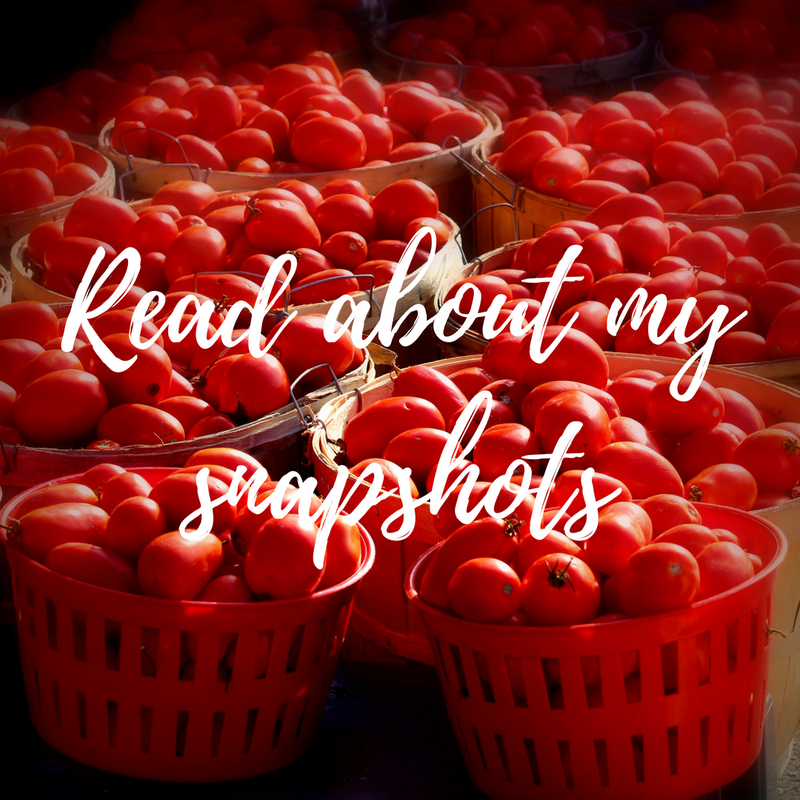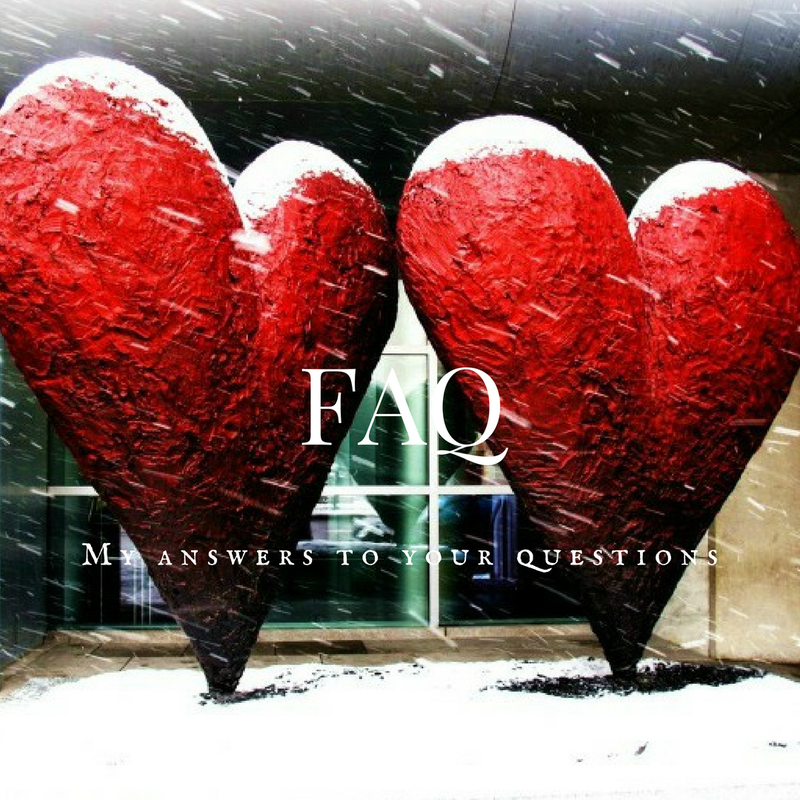| Why must it be an "either or" thing? Is it that the two lines of work are so far apart? The reactions to the launch of Veni Etiam pushed me to realize that both sides are astonishingly similar, and that my scientific side and creative side fuel each other in a way. First, I think there is as much room for creativity in science as there is room for a structured, methodological approach in creative endeavors. |
The creative side of my personality has been there long before I discovered my scientific side. Although photography is a relatively recent passion, what I've always loved most of all is to write. I used to say that if I could have any one job in the world, I'd want to be a writer. My devotion to science initially came from the need for a more secure career path, until I found a niche that I absolutely adore – the neuroscience of language. Despite the trials and tribulations of a heavy-stress academic life, the creative hobbies always lingered in the background – first, writing, and increasingly photography – until they gradually inched towards the foreground. I let them grow because I felt as though they were a part of me that could not be silenced, no matter how challenging it was (is!) to carve out the time for these extra ambitions. I don't think anyone is entirely defined by their one job; that's why we have hobbies. But the idea that a hobby becomes a second line of work is, I guess, what is slightly less common.
Another parallel between the two worlds is that, apart from the required creativity, there is also a challenging technique to learn and that, very often, this technical learning occurs best "by doing". In my everyday work, I study how the brain responds to language – how it understands it, accesses it from memory, learns it, and loses it. To do this, my colleagues and I use a super sensitive methodology where electrodes on the scalp record the electrophysiological signals emitted by the brain during specific mental processes. In a nutshell, we design incredibly meticulous linguistic experiments, engage our participants in these tasks, and record how their brain responds while they do so. Once you have the brain data, you post-process it to "clean it up", compare it to many other participants, and carefully draw inferences from it. Much like photography, post-processing can only do so much – the recordings (and the content of the experiments) have to be of good quality right from the start. If the snapshot is not clear, then neither is your message.
Science also directly helped me progress with photography by giving me the opportunity to travel near and far for academic conferences. The change of scenery opened my eyes to new research, new people and new places – all of which added to my repertoire of cultural experiences and to my collection of photographs and stories, over the years. Another striking similarity is how large a role setbacks play in moving forward; on both sides, I've agonized over obstacles, evaluated my shortcomings, tracked my progress, and counted small victories more often than major breakthroughs. On both sides, it's also necessary to recognize that you cannot credit yourself alone for your successes; elements contributed by others along the way are not to be taken for granted. There is always someone else's work that inspires you, someone's feedback that impels you to adjust your approach. There is always an audience to reach, and their response to your work is partly what validates its worth. The balance between confidence and humility is as delicate as it is crucial.
I had never stopped to ponder the parallels between my creative world and my scientific one, until the flood of responses to the launch of this project. I have always known that both sides exist harmoniously in me, but I only now realized that there is an open valve between the two.
So, the answer to the million dollar question of whether I will quit science? No way. I wouldn't be able to. One side wouldn't work at its full capacity without the other. Both in combination are what make me so profoundly "me".
(And if you're curious as to what the "scientific me" does on a daily basis, check out my academic page).






 RSS Feed
RSS Feed